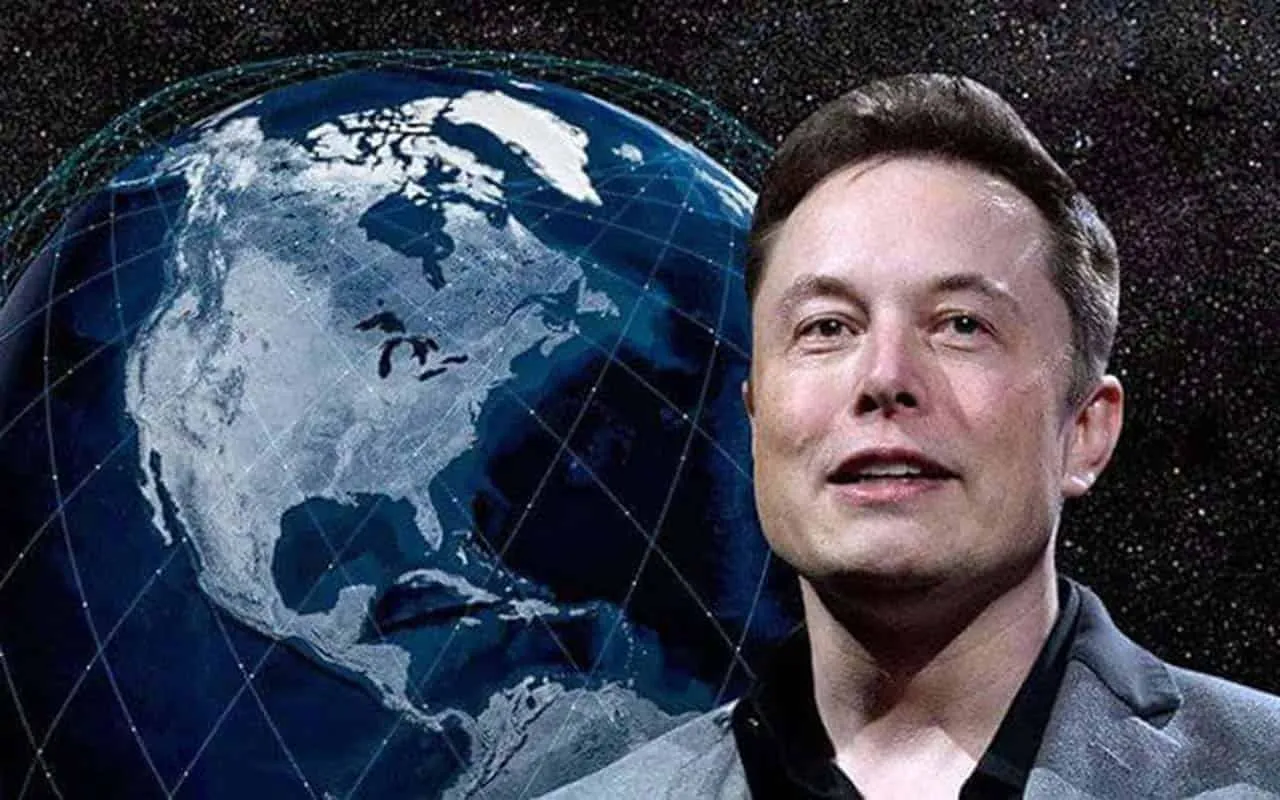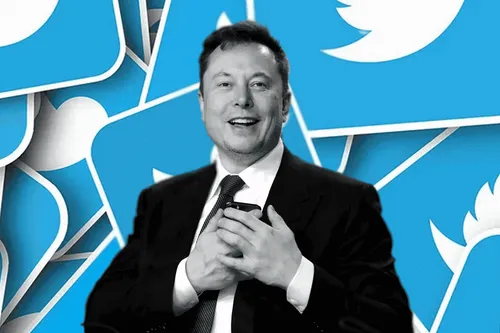Elon Musk to sack 10% of Tesla's workforce because he "feels super bad"
TechSaturday, 04 June 2022 at 07:13

American company, Tesla, is probably the face of electric vehicles in the U.S. and other parts of the world. However, as the company gets larger, so does its issues. Tesla CEO, Elon Musk claimed in an internal email that Tesla would cut 10% of its workforce because he felt "super bad" about the U.S. economy. However, according to reports, many of Tesla's employees are already planning to leave the company. This may accelerate the brain drain which is already affecting the company. The company is also reportedy spying on its employees via Facebook and other social media to know thier ideas.

Elon Musk has issued an ultimatum to Tesla employees to return to work. He also threatened to fire those who work in the office less than 40 hours a week. This work schedule is in line with the flexibility offered by other big tech companies that are hunting for talent. However, there is a sharp contrast between Tesla and many of these companies. The return to work, combined with Tesla's sharp decline in shares this year (in part due to Musk's costly acquisition of Twitter) and his public alignment with the Republican Party, served as catalysts for some employees to leave.
"Tesla is launching its own 'Great Resignation' program," said Nicholas Bloom, a professor of economics at Stanford University. The professor predicts that 60% of employees will return to the company for full-time employment. However, he also claims that about 10% of employees will resign, and about 30% of employees will change positions. Tesla did not immediately respond to a request for comment.
Talent poaching by other companies
Sensing an opportunity, many tech companies are moving quickly. Australia's third-richest man, Scott Farquhar, tweeted about plans to expand and offer flexible work. He added: "Any Tesla employees interested?"
In the wake of the Covid-19 pandemic, a growing number of tech workers accustomed to working from home or hybrid office models are refusing to return to the office full-time. A former Tesla engineer said he recently accepted a job offer from Google parent, Alphabet because of the inability to achieve work-life balance at Tesla. This includes the stress of returning to the office during the pandemic. At Google, he only has to go to the office three times a week, and some team members can work remotely. Many of his friends who work from home "have not lost productivity, but seem to be happier," he said.
Another former Tesla engineer said he had been under pressure to work in an office during the 2020 outbreak. He contracted the coronavirus twice before moving to Apple. Thus, he will be more than happy to work n an environment with more flexibility
Higher stock-based compensation
The threat of layoffs and return to work comes as Tesla engineers watch their stock-based compensation drop. Tesla also faces a number of issues that have plagued other companies, such as pandemic restrictions.
Investors are also concerned that Musk's $44 billion acquisition of Twitter will distract him, even though Musk himself has argued that he spends relatively little time on Twitter.
Tesla shares fell 9% on Friday after Musk unveiled his layoff plan. Twitter also said that Musk’s acquisition had passed U.S. antitrust scrutiny. Tesla shares have fallen about 30% since Musk announced his purchase of Twitter in early April, roughly double the Nasdaq’s decline.
Tesla vs Nasdaq and FANG
Michael Solomon, the founder of 10x Ascend, a salary negotiation consultancy, said: "If this continues, Tesla will definitely be in a dilemma to retain talent. There are two possibilities: one is Musk's controversial comments, not everyone likes it while the other is the stock price has been hit hard.”
Tesla said in this year's securities filings that stock options make up a higher percentage of the company's executive compensation than its peers. When the share price does not rise, the value of this portion of compensation may depreciate.
Annual bonuses, in stock, are typically lower for Tesla employees than cash salaries at other big tech companies, according to data from job sites, Blind and Glassdoor.
Tatiana Becker, who runs Niah Recruiting, a recruiting firm for startups, recently ran an email marketing campaign to Tesla employees and received 14 percent of responses, compared with the normal peak response rate of only 10 percent.
Musk brand effect
To be sure, Musk's brash personality help build the Tesla brand, and allow the company to expand without marketing. Initially, this did give many employees a sense of purpose tied to him and his climate goals. For some, long hours and unreasonable working conditions have become the norm at Tesla. "That's how we work," said a former Tesla engineer. Other tech companies are laying off or slowing or even suspending hiring amid weak demand, which could dampen the willingness of some Tesla employees to jump ship.
However, Elon Musk has recently embraced a new partisan political identity that has upset many employees, especially liberal tech workers in Silicon Valley.
Will Hunsinger, chief executive of executive search firm, Riviera Partners, said: "Elon Musk is a very polarizing guy. You either love him so much or you hate him so much. There are people who are big fans of him. They would do anything for him to work for his company. Others were adamantly against the way he ran the company."
A former Tesla manager said many employees will wait for the stock to pick up. He described stock awards as "golden handcuffs" that prevent employees from leaving. "If they think Tesla's stock price will stay low, then they're more likely to leave because that big bonus isn't that attractive anymore," he said.
Popular News
Latest News
Loading



